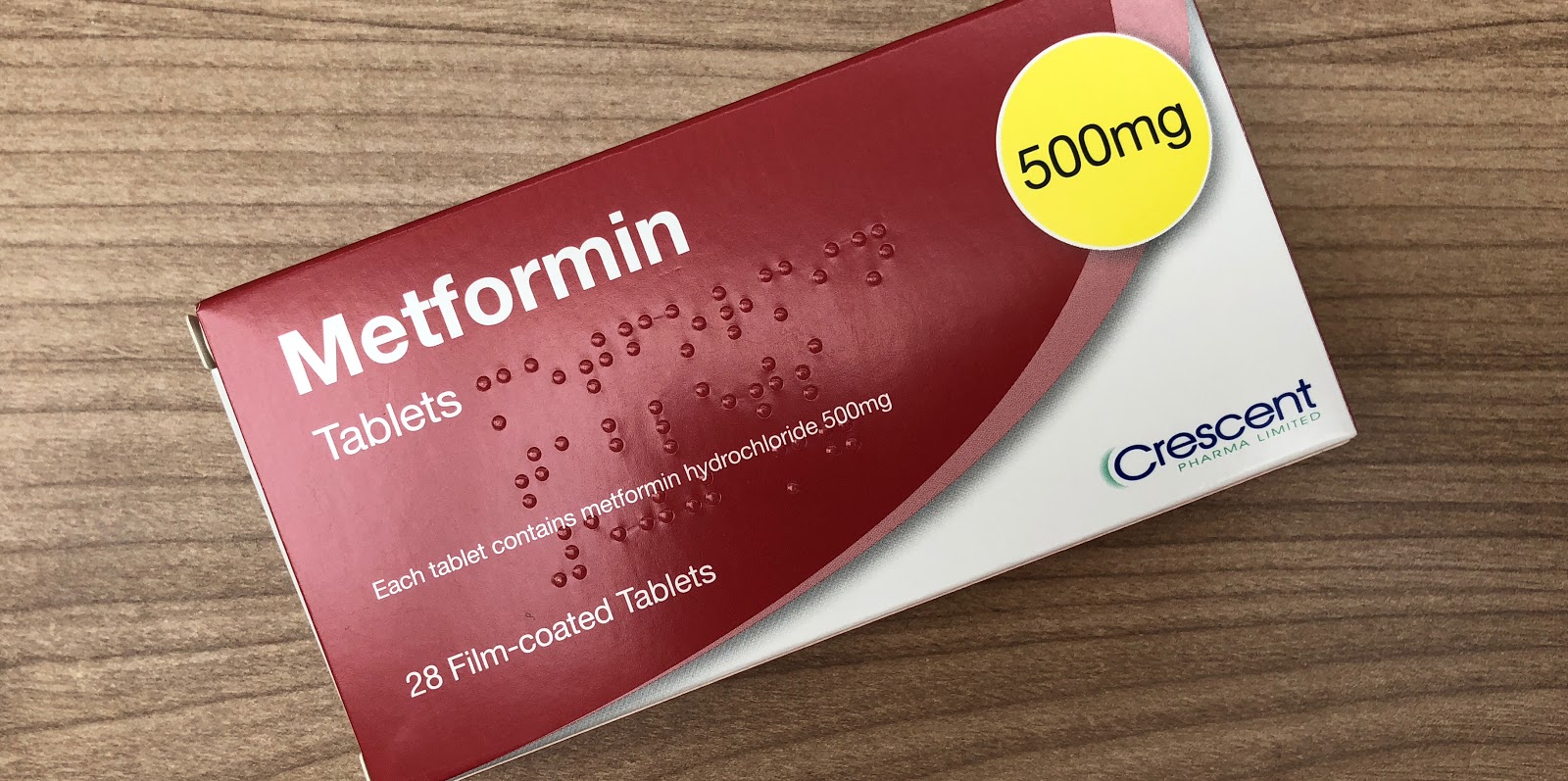Source: Thailand Medical News Oct 12, 2019 5 years, 6 months, 2 weeks, 9 hours, 47 minutes ago
A medical study by the Ottawa Hospital and the University of Ottawa offers a new insight on how ovarian cancer forms and suggests how it might be prevented. The findings of that study is the first to show that the natural stiffening of the ovaries called fibrosis occurs with age. It also suggests that the diabetes drug metformin may be able to halt this process. The study was published in Clinical Cancer Research
Dr. Curtis McCloskey, the lead author commented in an interview with Thailand Medical News, "Fibrosis happens when body tissues are repeatedly injured and inflamed, leaving behind hard collagen fibers that pile up over time, like a scar on the skin.
Cancer cells tend to like growing in these fibrotic tissues." Dr. McCloskey performed the research while he was a PhD student in Dr. Barbara Vanderhyden's lab at The Ottawa Hospital and the University of Ottawa. He is currently a postdoctoral fellow at the Princess Margaret Cancer Centre.
Ovarian cancer is the fifth most common cancer in women, and among the deadliest, with a five-year survival rate of 42 percent. Ovarian cancer (OC) accounts for an estimated 439,000 new cases and 2152,000 deaths worldwide annually
.
A woman’s lifetime risk of developing OC is 1 in 74, and her chance of dying of the disease is 1 in 100
. The disease typically presents at late stage when the 5-year relative survival rate is only 28%. Few cases (14%) are diagnosed with localized tumor (stage 1) when the 5-year survival rate is 91%
. Strikingly, the overall 5-year relative survival rate generally ranges between 30%–40% across the globe.
Females who have a family history of ovarian cancer or a mutation of the BRCA gene are at greatest risk of the disease. There is no reliable screening test to catch this cancer early. The only options for prevention are birth control pills, which reduce the risk of ovarian cancer by half, or removing the ovaries and fallopian tubes.
The research team found that fibrosis of the ovaries is a normal part of aging, usually appearing after menopause. During his research, Dr. McCloskey was surprised to find an ovary from a 69-year-old woman that had no fibrosis. Medical records showed she had been taking metformin, a drug for Type 2 diabetes. A Taiwanese study had previously noted an 82 per cent reduction of ovarian cancer rates among Type 2 diabetes patients taking metformin.
The team performed a series of experiments to investigate the links between ovarian fibrosis, aging and metformin.
Initially, they wanted to know what was causing the fibrosis. They thought the answer might lie in ovulation. Every time an ovary releases an egg it becomes inflamed, creating a monthly cycle of wound and repair. To test this theory, the team used a drug that prevents mice from ovulating. The treated mice did not develop ovarian fibrosis with age, which suggested that ovulation might be linked to the development of fibrosis. However, more detailed studies are needed to confirm this finding.
Then, the team examined 27 ovaries that had been removed from women aged 21 to 82. Most of the ovaries from post-menopausal women were fibrotic. Although only five ovaries came from post-menopausal women who were taking
s-of-breast-cancer">metformin, none of these five had evidence of fibrosis. Taken together, these findings suggest that targeting ovarian fibrosis might be a new option to reduce the risk of ovarian cancer and add rationale for the use of metformin to prevent ovarian cancer.
Dr. Vanderhyden, a senior scientist at The Ottawa Hospital and professor and Corinne Boyer Chair in Ovarian Cancer Research at the University of Ottawa, commented, "This study was about putting two and two together," "Now we're doing more research to learn how fibrosis develops in the ovaries, and how metformin stops it from happening. We hope that someday metformin may prove to be an effective preventative treatment for younger women who are at high risk of ovarian cancer, but who can't remove their ovaries because they still want to have children."
The findings will need to be confirmed in more mouse models and human ovaries before clinical trials can start. A non-invasive test that can measure fibrosis in the ovary would also need to be created.
The team also plans to do more research between metformin and ovarian cancer to test its effectiveness as a preventive drug.
Metformin has recently been hailed as a wonder drug.Commonly available at most pharmacies in Thailand at very cheap rates, a lot of internatal studies done by reputable medical instituitions and published in credible journals have shown its ability to prevent or assist in a variety of diseases not just diabetes, including in certain cancers where the protein Nischarin is lacking such as certain breast cancers and also certain types of colorectal cancers.
All individuals are advised to consult their doctors prior to taking any preventive drugs and not to self medicate
Reference:
Curtis W. McCloskey, David P. Cook, Brendan S. Kelly, Feryel Azzi, Christian H. Allen, Amanda Forsyth6, Jeremy Upham, Katey J. Rayner, Douglas A. Gray, Robert W. Boyd, Sangeeta Murugkar, Bryan Lo, Dominique Trudel, Mary K. Senterman, Barbara C. Vanderhyden. Metformin abrogates age-associated ovarian fibrosis. Clinical Cancer Research, Oct 9, 2019 